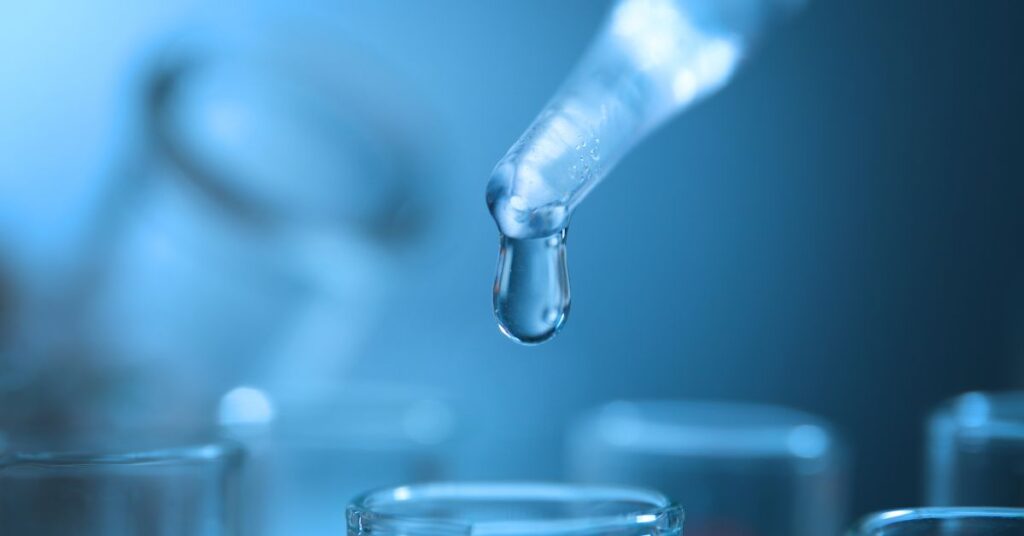Clean, safe water is something many take for granted. Whether it comes from a municipal supply or a private source like a borehole, regular checks and the right treatment systems are essential. This article breaks down the basics of water testing, purification options, and how to ensure your water is safe to drink and use daily.

Understanding Water Potability
The term drinking water potability refers to whether water is safe for human consumption. For water to be classified as potable, it must meet specific health standards. These standards cover microbial, chemical, and physical properties.
A water test for drinking water helps identify if the sample is suitable. Regular drinking water testing is particularly important in rural areas or places where water treatment is not guaranteed.
Borehole Water: What Should You Test For?
Many households rely on boreholes as their primary water source. Although it may seem clean, borehole water often contains bacteria, metals, or chemicals that require attention. A borehole water test helps identify any risks.
Routine borehole water testing should include checks for E. coli, nitrates, and heavy metals. Since boreholes vary by location, the results might be different even within the same neighbourhood. It’s not enough to rely on appearance alone.
The borehole water testing price depends on the depth of analysis, but testing is often more affordable than dealing with long-term health issues. Those who test regularly know the importance of clean supply.
The Role of Water Labs
When testing is needed, many turn to water laboratories or labs that test water. These labs use certified processes to deliver accurate results. A water testing laboratory is often equipped to analyse various parameters based on local and international standards.
Some refer to these as water testing labs or water testing laboratories — all offering detailed results, often with guidance on how to fix issues. A proper water analysis lab or water analytical laboratory should test for microbes, pH levels, and chemical content.
What Happens During Water Analysis?
A water analysis usually starts with sample collection. This is either done by the homeowner or arranged by the lab. Once submitted, the lab runs tests and shares the results.
Some people book water analysis services to understand long-term water trends or identify changes in supply. A typical water quality testing service looks for visible and invisible threats.
Many also search for a water quality check to quickly see if their water is safe. Fast results can help homeowners take action before a problem gets worse.
How Much Does Testing Cost?
Concern about water testing cost is common. Prices vary depending on the lab and scope of tests. A basic water testing price usually covers microbiological and chemical testing, but more advanced services cost more.
While it may be tempting to skip testing, early detection is always cheaper than fixing water damage or health issues.
Making Hard Water Softer
For homes affected by hard water, a softening water system makes a noticeable difference. It reduces calcium and magnesium content, which helps with scale build-up and appliance lifespan.
Many people look for a water softener or soft water conditioners to improve washing, cooking, and cleaning. These systems are easy to install and can be used on most types of plumbing setups.
Those in rural areas often need a borehole water softener to manage minerals coming from underground. A proper water conditioner or water conditioning system improves both comfort and water safety.
People also search for a water softener system to protect household plumbing from damage. The buildup from hard water can lead to costly repairs if left untreated.
There is growing demand for a water softener system South Africa due to hard water found in many regions. Whether you’re in a city or outlying town, water softening helps make day-to-day tasks easier.
Why It’s Worth Testing Your Water
Some people assume their water is safe because it looks clear. That’s a risky assumption. A drinkable water test or a full water potability check confirms whether your source meets drinking standards.
Private sources, in particular, need routine checks. Using a trusted water testing labs provider ensures you’re not taking chances with health. Drinking untreated water can lead to stomach problems, skin issues and more.
Safe water supports better hygiene, protects appliances, and gives peace of mind. For those unsure about their source, borehole water tests offer clear insight.
Final Thoughts
Clean water isn’t something to assume or guess. Whether it’s for cooking, drinking or general use, testing and treating your water keeps you and your household safe. From accurate testing via water analysis laboratory options to using a water softener system, there are solutions available for every need.